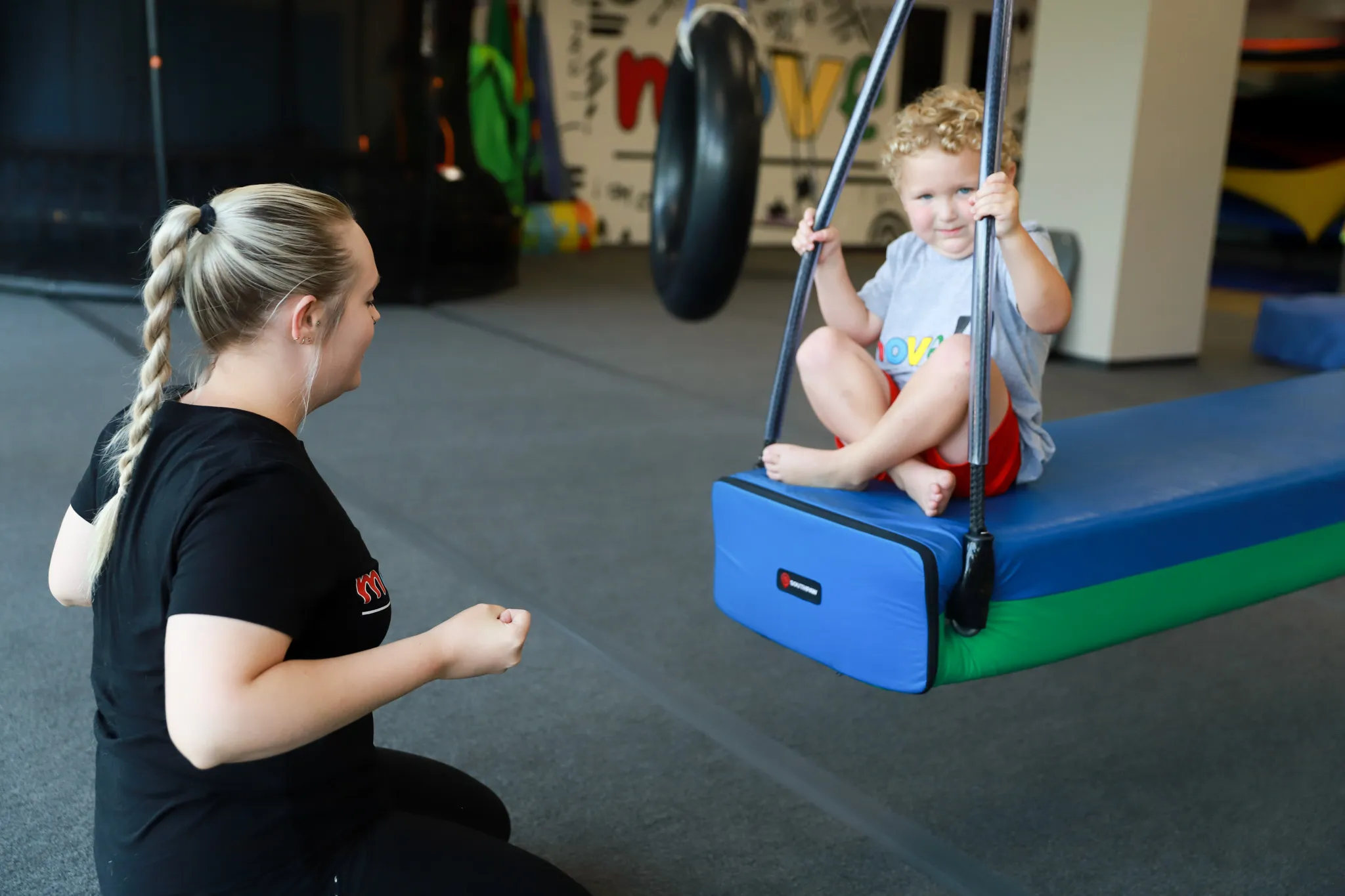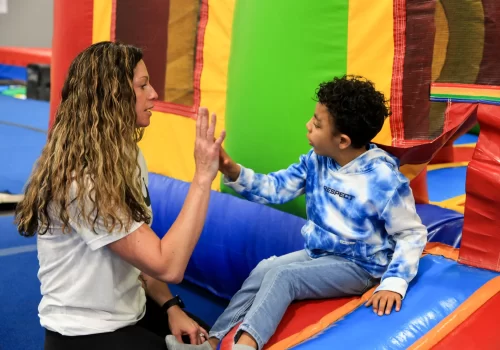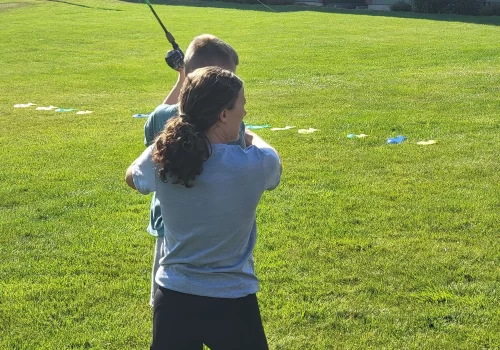Potty training can be a challenge for most kids and the transition from diapers to a toilet is often not a smooth one. From teaching a child to communicate when feeling the need to complete independence with toileting, the process can be difficult and time-consuming. Now, for children with sensory processing challenges, the process gets taken to a higher level of complexity as well as added complications to navigate through (Koshy, Sugi, 2018). Regardless of your child’s struggle, here are a few tips as an occupational therapist that can help with potty training!
Sensory processing is a complex neurodevelopmental function and as far toileting goes, dysfunction within this occupation can be related to one or more types of sensory input (Miller & Fuller, 2006). From our more well-known senses to our hidden senses, problems with potty training and sensory processing might include (but not limited to) the following:
Poor Interoception (sensation of internal body needs – hunger/thirst, pain, urination/defecation, etc.) (Meggin, 2024.)
- Child is unaware his/her bladder or bowels are full
- Child cannot tell if their bowels or bladder are emptied completely – therefore they may not fully void or defecate
- Child had a painful experience during a bowel movement or urination and might be avoiding due to fear of repeated pain
- Child is unable to tell apart the need to urinate or have bowel movement
Tactile Over-Responsivity (defensiveness towards touch sensations)
- Child dislikes the feeling of urinating or having a bowel movement – therefore they withhold
- Child dislikes the feeling of wiping or fearful of their hands getting messy while wiping
- Child dislikes the cold or hard feeling of the toilet seat
- Child hates washing their hands
Auditory Over-Responsivity (defensiveness towards sound sensations)
- Dislikes or is fearful of the sound of the toilet flushing
- Dislikes or is fearful of the sound the automatic hand dryers in public bathrooms
- Dislikes the sounds from urinating or defecating in the toilet
Poor Vestibular Sense (sense of balance and spatial orientation)
- Fearful of falling into toilet or off the side because they do not feel steady, secure, of balanced (especially if learning on a regular-sized toilet)
- Child has a tough time sitting still because they want to be moving
Poor Proprioception (body awareness)
- Child cannot tell where to wipe and leads to them feeling overwhelmed or confused
- Child struggles with coordinating movements to wipe themselves or using the right amount of pressure to fully clean themselves
If your child struggles with potty training and you want to know if it is sensory related, we can help! Click here to request an appointment.
References:
Koshy, Nikhila Mary1,; Sugi, S.2; K, Rajendran3. A Study to Identify Prevalence and Effectiveness of Sensory Integration on Toilet Skill Problems among Sensory Processing Disorder. The Indian Journal of Occupational Therapy 50(3):p 86-91, Jul–Sep 2018. | DOI: 10.4103/0445-7706.244548
Meggin. (n.d.). This Hidden System Affects Potty Training and Toilet Accidents in Older Kids. Star Institute . https://sensoryhealth.org/node/1067
Sensational Kids book APA citation:
Miller, L. J., & Fuller, D. A. (2006). Sensational kids: hope and help for children with sensory processing disorder / Lucy Jane Miller with Doris A. Fuller; foreword by Carol Kranowitz.New York, G.P. Putnam’s Sons.



